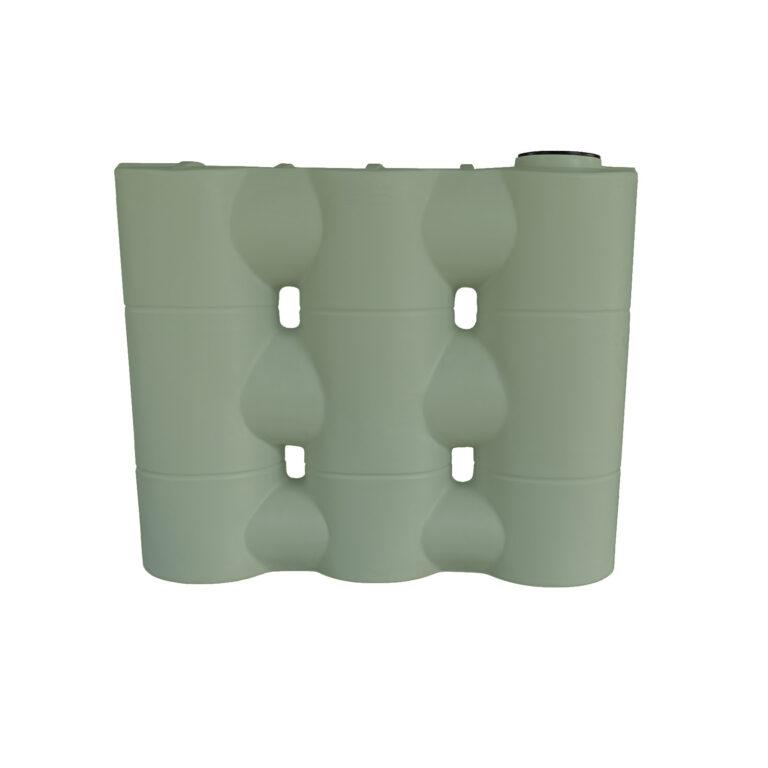Comprehending the Significance of Rain Storage Tanks in Drought-Prone Regions for Water Safety And Security
In regions prone to long term dry spells, the role of rainwater tanks in boosting water safety is a subject of expanding relevance. Rain containers offer as a vital tool in mitigating the impact of water shortages by offering a sustainable source of water for various requirements.
Benefits of Rainwater Tanks
Utilizing rainwater tanks offers a sustainable solution for augmenting water supply and enhancing water security in residential and commercial setups. Among the main benefits of rainwater tanks is their capacity to lower dependence on keys water system. By catching and keeping rainwater that falls on roofs, this different source can be used for various non-potable objectives such as watering, flushing toilets, and cleaning garments. This not just conserves treated alcohol consumption water yet likewise lowers water costs for customers.

Rain Harvesting Techniques
Rain collecting strategies incorporate an array of approaches made to successfully accumulate and save rain for different functions, adding to water conservation and sustainability. One common strategy is the installment of roof catchment systems, where rain is gathered from the roofing system of a building and directed to a tank. This technique is fairly easy and affordable. Another preferred method is making use of above-ground or underground tank to keep rainwater for later usage. These storage tanks are available in various dimensions and products to match various requirements and can be connected to the existing pipes system for simple access.

Furthermore, rain yards and absorptive pavements are ingenious strategies that entail landscaping or paving surfaces in a manner that allows rainwater to percolate into the ground, restoring groundwater reserves. Furthermore, shape farming and terracing are farming practices that assist catch rain and protect against soil erosion in uneven surface. By applying these varied rainwater harvesting techniques, neighborhoods can improve water protection and resilience in drought-prone regions while promoting sustainable water administration methods.
Relevance of Water Protection
Ensuring reputable access to clean and adequate water resources is vital for maintaining human health and wellness, financial growth, and ecological health. Water protection is an essential facet of social strength, useful source specifically in areas at risk to dry spells and water deficiency. Appropriate water safety incorporates different dimensions, including availability, quality, and accessibility of water for domestic, farming, commercial, and ecological requirements.
Water safety and security plays an important role in promoting public wellness by lowering the occurrence of waterborne illness and guaranteeing sanitation centers. Economically, water safety and security is essential for farming efficiency, industrial procedures, and general economic growth. Slimline water tanks. In addition, water safety and security is carefully linked to ecological sustainability, as it Resources supports ecosystems, biodiversity, and total environmental equilibrium.
In drought-prone regions, water safety becomes also more essential because of the enhanced danger of water scarcities. Executing approaches like rainwater harvesting, water recycling, and reliable water management methods can significantly improve water security in these areas. By focusing on water security, neighborhoods can much better endure the influences of climate change, population development, and other difficulties that intimidate water schedule.
Enhancing Water Strength
With raising international water challenges, building durability in water systems has become an important focus for sustainable growth efforts. Enhancing water resilience involves implementing techniques to ensure water schedule and quality despite transforming environmental problems, such as droughts, floodings, and contamination.
One secret element of enhancing water resilience is advertising making use of rainwater tanks in drought-prone areas - Slimline water tanks. Rainwater tanks work as an efficient ways of capturing and storing rainwater for later use, reducing reliance on scarce freshwater sources throughout completely dry durations. By including rain harvesting systems right into water monitoring strategies, neighborhoods can improve their capability to stand up to water shortage and preserve water safety

Sustainable Water Conservation
In the middle of rising water obstacles, the prudent management of water resources via lasting preservation practices is crucial for making certain long-term environmental stability and societal wellness. Sustainable water conservation involves the effective usage of water sources to fulfill existing demands without endangering the ability of future generations to meet their own requirements. By implementing techniques such as rainwater harvesting, greywater recycling, and water-efficient technologies, communities can decrease water waste and minimize pressure on freshwater sources.
Additionally, sustainable water conservation practices add to ecosystem wellness by keeping ample water degrees in rivers, lakes, and marshes, supporting biodiversity, and protecting natural habitats. These techniques additionally play a vital function in alleviating the effects of climate change by aiding to adjust to altering precipitation patterns and water availability.

Conclusion
Finally, rain containers play a vital role in enhancing water safety and strength in drought-prone regions. By utilizing rainwater harvesting strategies, areas can reduce their reliance on standard water resources and advertise lasting water conservation practices. This not only assists alleviate the influences of water scarcity during droughts but likewise adds to long-lasting water protection and strength despite climate change challenges.